Understanding the music industry’s two most popular formats requires exploring their distinct purposes, production methods, and commercial strategies.
When comparing mixtapes vs albums, both serve as platforms for artistic expression, but albums and mixtapes operate under different constraints and target different audiences.
In this article, I will cover the difference between a mixtape and an album, discussing “what is a mixtape” and “what is an album”, and ultimately answer which is better for artists: album vs mixtape.
What Is An Album?
An album represents a formal, commercially-focused collection of songs that undergoes rigorous production processes and professional distribution.
When considering album vs mixtape differences, albums are more formal than mixtapes and go through a more rigorous production and release process.
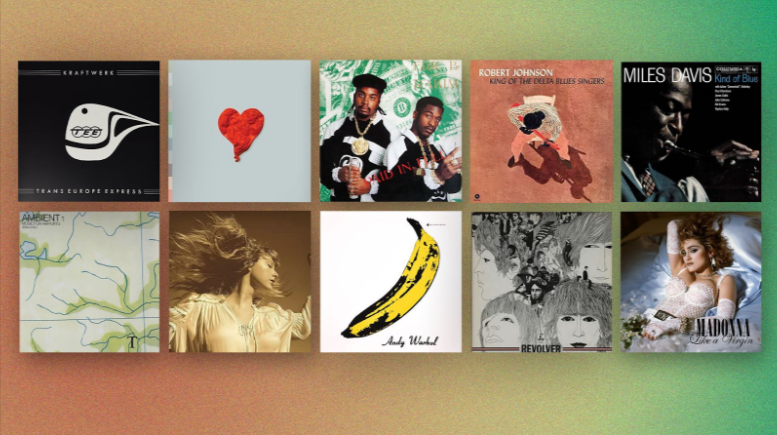
Albums contain 10-15 tracks, serve as primary revenue sources for artists, and are designed for mainstream commercial success with proper marketing campaigns and retail availability.
For instance, the Foreigner album “Records” is one of the best-selling albums of all time.
What Is A Mixtape?
What a mixtape represents is an informal musical project that allows artists greater creative freedom with fewer commercial constraints.
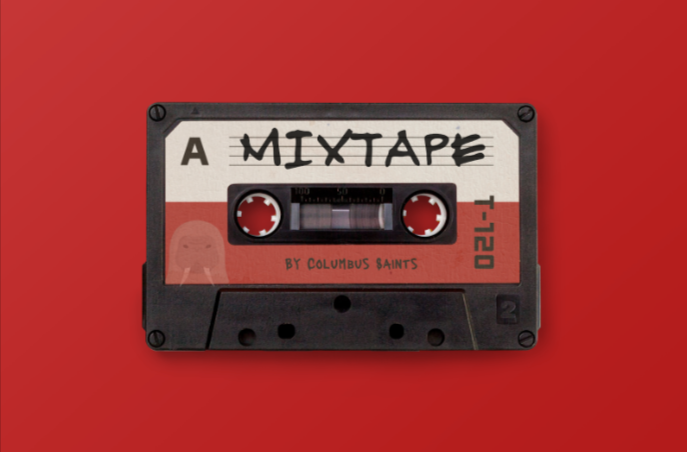
The mixtape definition includes understanding that, unlike the traditional album or extended play, mixtapes and albums serve different purposes, with mixtape meaning centered around laid-back projects that allow artists more creative freedom and less commercial pressure.
What is a rap mixtape specifically involves hip-hop artists using this format to feature original music, remixes, and covers, typically distributed for free through platforms like SoundCloud or DatPiff to attract new fans and showcase artistic versatility.
Key Differences Between Albums vs Mixtapes
Understanding the difference between a mixtape and an album extends beyond simple categorization, encompassing production quality, distribution methods, and commercial objectives.
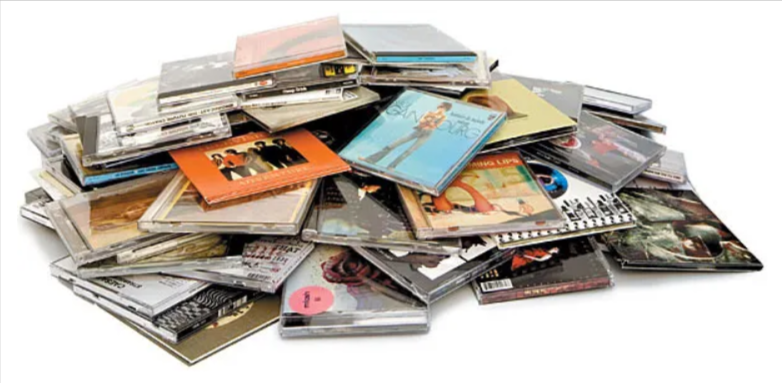
The difference between mixtape and album becomes evident when examining their distinct approaches.
| Aspect | Album | Mixtape |
|---|---|---|
| Production Quality | Professional, high-budget | Varied, often lower-budget |
| Distribution | Commercial retail, streaming | Free downloads, platforms |
| Purpose | Revenue generation | Fan engagement, promotion |
| Length | 10-15 tracks | Variable, often longer |
| Marketing | Extensive campaigns | Grassroots, social media |
| Legal Clearance | Full rights secured | May use unclear samples |
Why Artists Release Mixtapes
Artists release mixtapes for several strategic reasons. They offer a flexible platform to experiment with new movie soundtracks, gauge audience reception, and maintain relevance between official album releases.
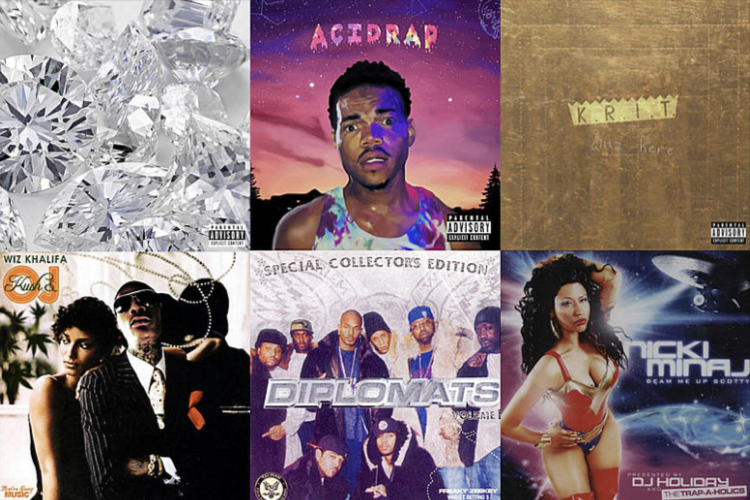
Mixtapes are an excellent way to connect directly with fans, bypass traditional record label hurdles, and build a dedicated following. For emerging artists, mixtapes can be a crucial stepping stone, demonstrating their talent and creating buzz before securing a major label deal.
They also address the question of how many songs are in a mixtape – generally, it varies, as the format is more flexible.
Album vs Mixtape: Which Is Better For Artists?
Neither an album nor a mixtape is inherently “better”; their suitability depends on an artist’s specific goals and career stage. An album is essential for solidifying an artist’s commercial standing, delivering a polished artistic statement, and generating significant income.
However, mixtapes are invaluable for building momentum, experimenting creatively, and maintaining a consistent connection with the fanbase.
A balanced strategy often involves using mixtapes to cultivate a following and test material, leading up to a commercially viable album release. This clarifies the concept of a mixtape album.
Top 10 Successful Albums And Mixtapes
The music industry has seen incredible success across both albums and mixtapes, each leaving an indelible mark on cultural history.
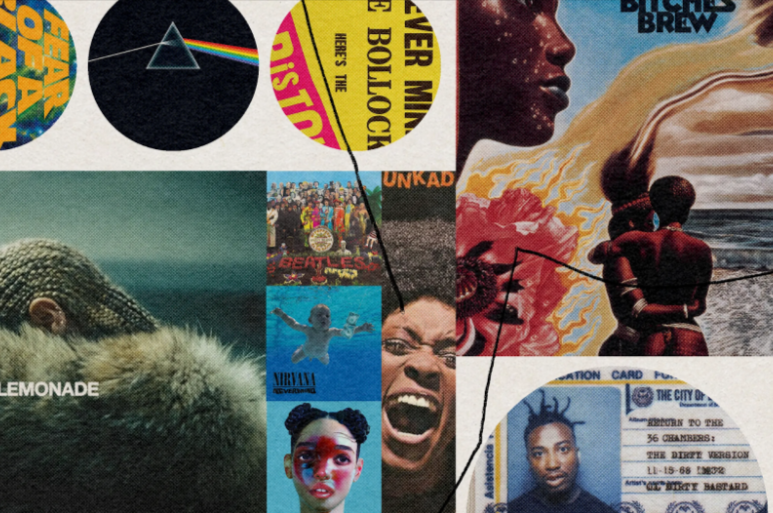
The following table has a mix of iconic rap albums and most-streamed albums that defined eras and groundbreaking mixtapes that launched careers, showing the diverse paths to musical success.
| Rank | Artist | Type | Name | Year of Release |
|---|---|---|---|---|
| 1 | Michael Jackson | Album | Thriller | 1982 |
| 2 | AC/DC | Album | Back in Black | 1980 |
| 3 | Pink Floyd | Album | The Dark Side of the Moon | 1973 |
| 4 | Eagles | Album | Their Greatest Hits (1971–1975) | 1976 |
| 5 | Nicki Minaj | Mixtape | Beam Me Up Scotty | 2009 |
| 6 | Royce | Mixtape | Bar Exams (all of them) | Various |
| 7 | DJ Sway and King Tech | Mixtape | This or That | 1999 |
| 8 | 50 Cent | Mixtape | Guess Who’s Back | 2002 |
| 9 | Big K.R.I.T. | Mixtape | 4eva N A Day | 2012 |
| 10 | J. Cole | Mixtape | The Warm Up / Friday Night Lights | 2009 / 2010 |
Top 10 Successful Mixtapes
These mixtapes are the most influential free releases that launched careers, redefined genres, and demonstrated the format’s power to create cultural movements.
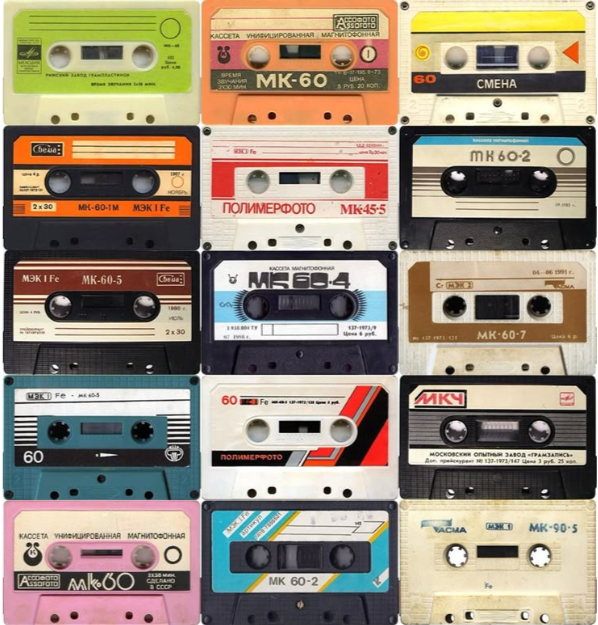
The rankings consider cultural impact, career-launching significance, and lasting influence on hip-hop and contemporary music.
| Rank | Artist | Name | Year of Release |
|---|---|---|---|
| 1 | Lil Wayne | Da Drought 3 (Disc 1) / No Ceilings | 2007/2009 |
| 2 | Chance The Rapper | Acid Rap | 2013 |
| 3 | ASAP Rocky | Live Love A$AP | 2011 |
| 4 | Meek Mill | Dreamchasers 2 | 2012 |
| 5 | Wiz Khalifa | Kush & OJ | 2010 |
| 6 | The Weeknd | House of Balloons | 2011 |
| 7 | Tyler The Creator | BASTARD | 2009 |
| 8 | Travis Scott | Days Before Rodeo | 2014 |
| 9 | Joey Badass | 1999 | 2012 |
| 10 | Mac Miller | Macadelic | 2012 |
Conclusion: Mixtape And Albums – Both Are Unique In Their Own Ways
When comparing an album vs a mixtape, both formats have unique value in the music industry. Albums represent official, polished releases that generate revenue and elevate an artist’s brand. Mixtapes, on the other hand, offer raw creativity, unrestricted freedom, and direct fan engagement.
For artists like Lil Wayne, Chance The Rapper, and J. Cole, mixtapes were career-changing. Albums by legends like Michael Jackson and Pink Floyd cemented their place in history.
Ultimately, both formats are important in shaping an artist’s journey, and understanding the distinction helps listeners appreciate the intent behind the music.
FAQs
A mixtape in rap is a non-commercial project often used to showcase new ideas or freestyles.
Mixtapes usually have between 8 to 20 tracks, depending on the artist’s intent.
Some are, but many are found on platforms like SoundCloud or DatPiff.
Not always. Most are released free or without label clearance, limiting revenue.
Many hip-hop artists use them to gain exposure before releasing albums.
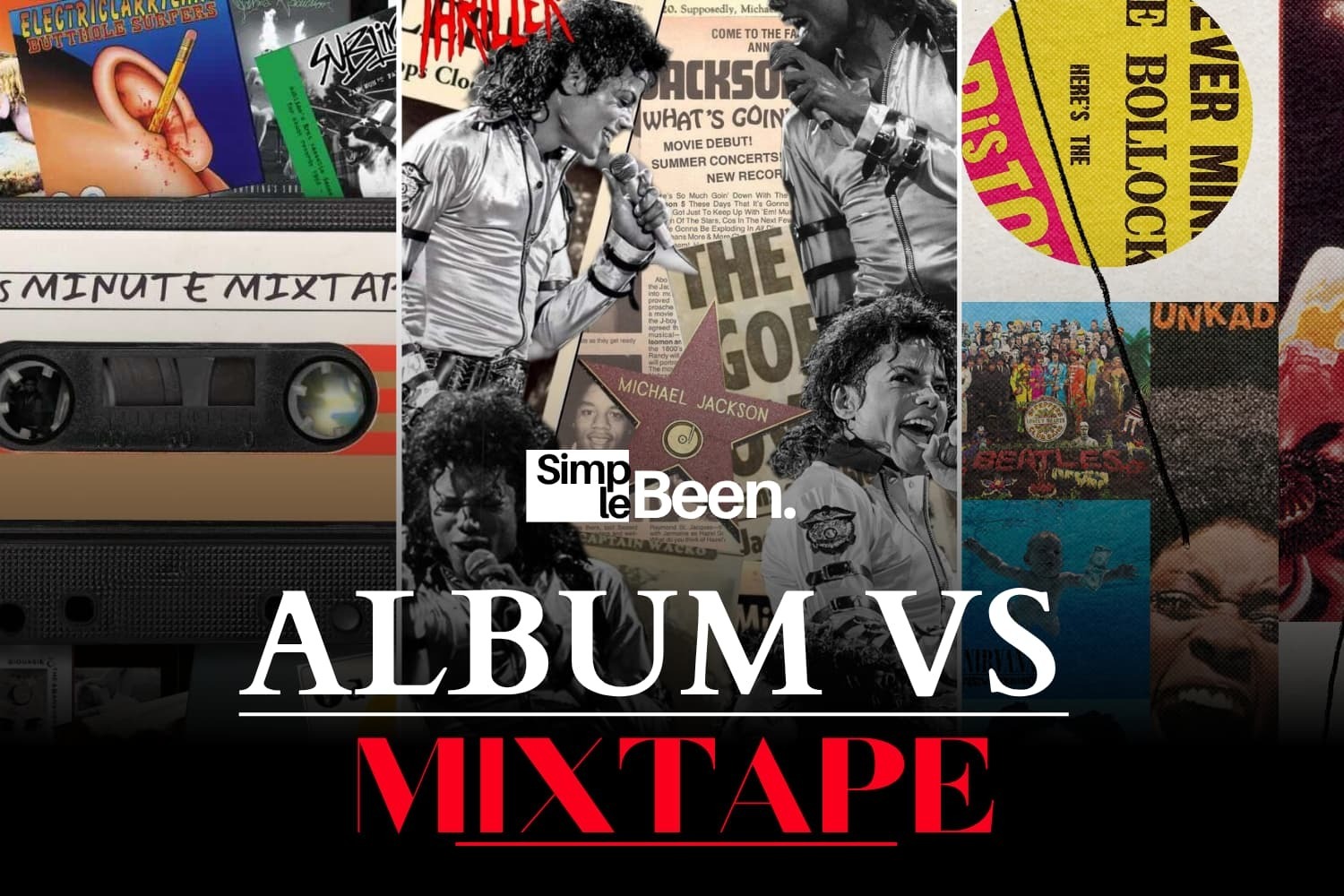
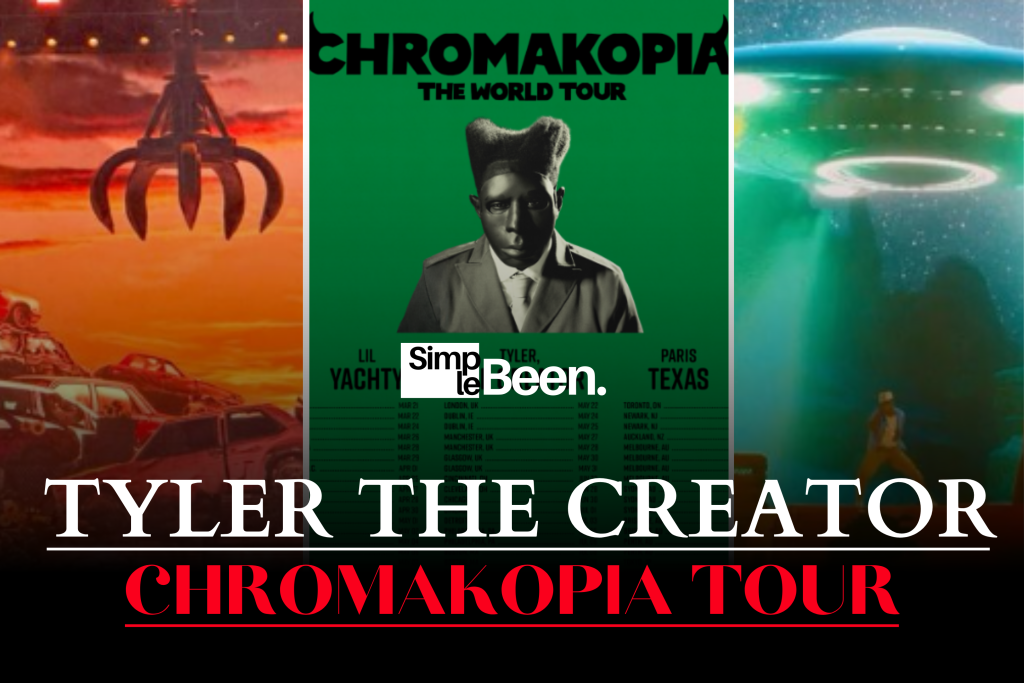




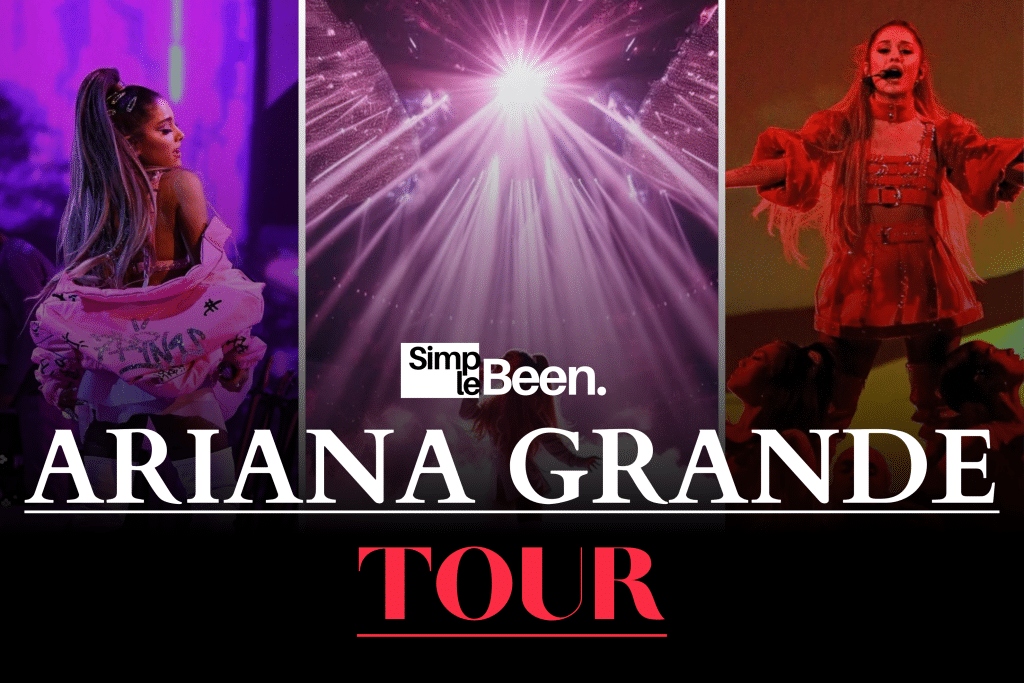



Leave a Comment